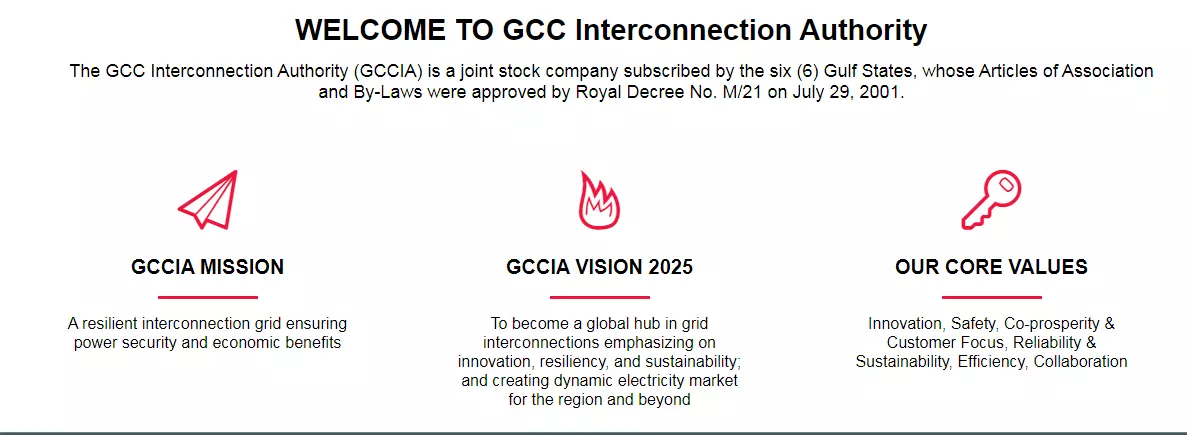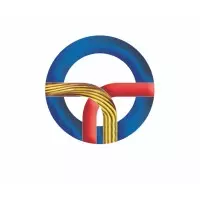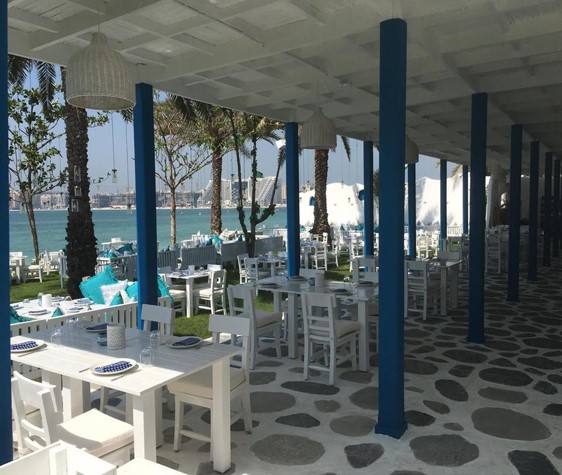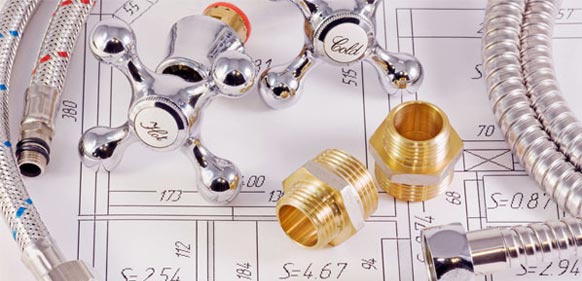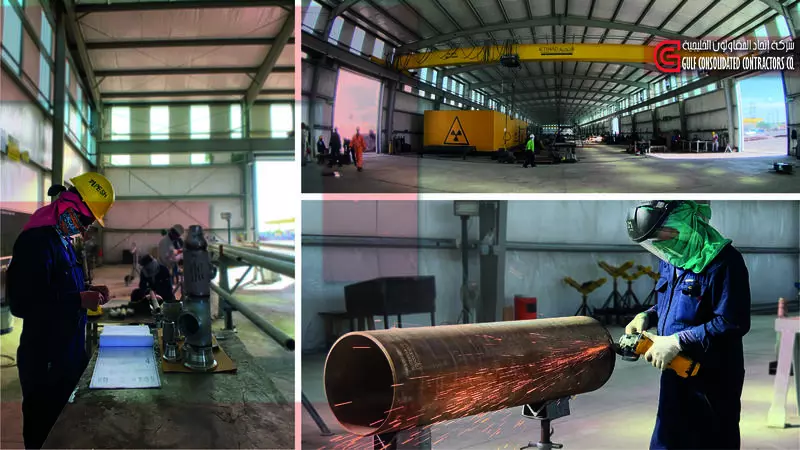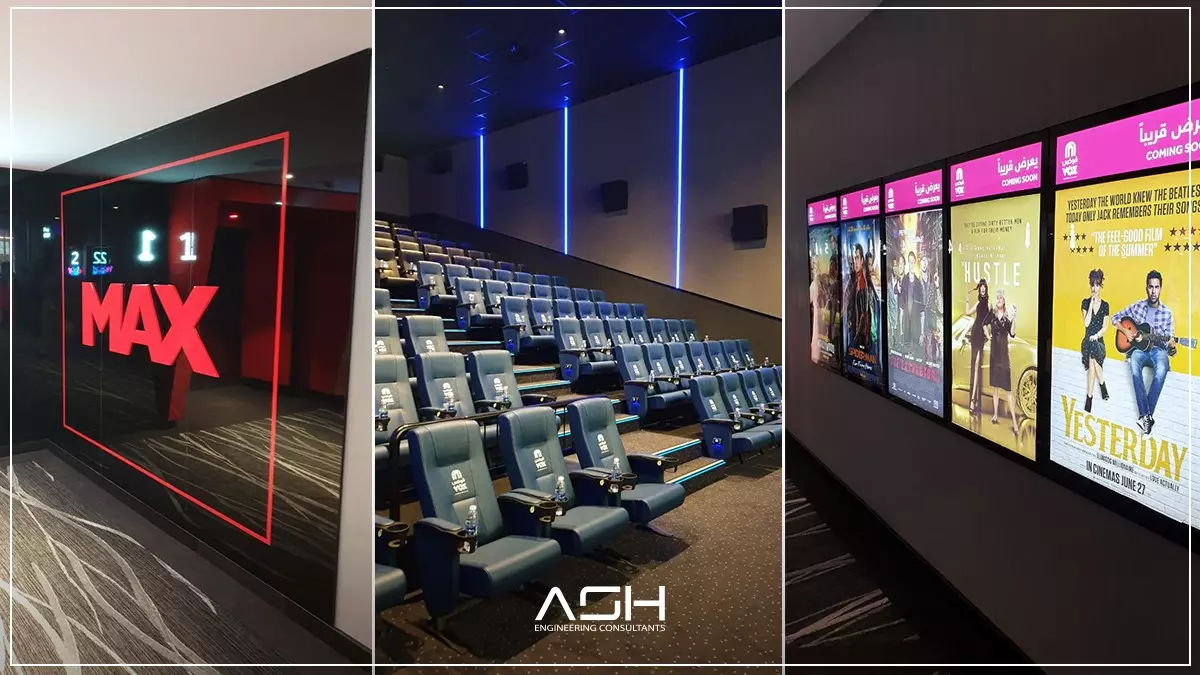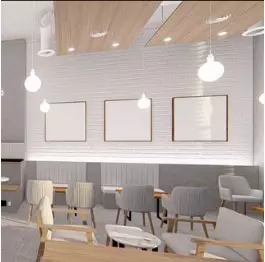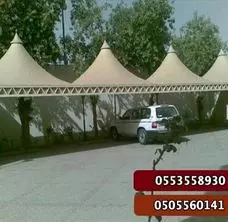- Exterior & Landscape
-
Building & Construction
- Concrete Contractors
- Demolition
- Blocks & Concrete Products
- Structural Engineer
- Road Contractors
- Pre - Engineered Buildings
- Steels & Metals Construction
- Scaffolding
- Soil Test
- Generator
- Heavy Equipments
- Junk Removals
- Waterproofing
- General Contractors
- Pre - Fabricated House
- Portable Containers
- Excavation
- Foundation
- Steel & Metal Fabrication
- Drainage System
- Airport Construction
- Home Maintenance
- Consulting
- Audio Visual System & IT
- Floorings & Wall
- Others
- Furniture
-
Building & Renovation
- Stone & Marble
- Wooden Products
- Gypsum Products
- Building Material Suppliers
- Paint
- Lift & Escalators
- Kitchen & Bathroom
- Fit - Out Contractors
- Specialist Contractors
- Glass
- Kitchen & Bathroom Accessories
- Wall & Wall System Product
- Electrical Contractor
- Mechanical
- Gypsum Work
- Window Suppliers
- Turn Key Contractors
- Door Suppliers
- Ironmongery
- Fire Fighting Contractors
- Building Maintenance
- Permits & Authority Approvals
- Carpentry and Joinery
- Roofing System
- Aluminum
- Lighting
- Railings
- Metal Supplier & Contractor
- Manpower
- Home Solar System
- Design & Decoration
- Events & Exhibitions
- Marine
- About
On December 31, 2001 the GCC Countries agreed to establish the GCC Interconnection Authority for the purpose of interlinking the power systems of the GCC Countries. As a result, a Royal decree no. M/21 dated July 28, 2001has been declared to establish the Authority with its official domicile in Dammam, Kingdom of Saudi Arabia. In Year 2002 the Authority marked itself in history by initiating its business through employment of staff, undergoing pre-qualification exercise, and the hiring of a consultant to conduct the tendering of the project. In 2005 14 contracts were awarded totaling more than 1 billion dollars. Project execution began in November 2005 and ended in early 2009, where operations commenced. The project was segregated into three phases: the first phase which interconnects Kuwait, Saudi Arabia, Bahrain and Qatar; the second phase is the internal integration of the UAE and Oman power systems; and the third phase will connect phase one with phase two. The first phase member states were connected and have recently engaged in power exchanges amongst themselves. Future prospects will engage the Authority in market operations between the GCC states and hence create a regional power market exchange.
